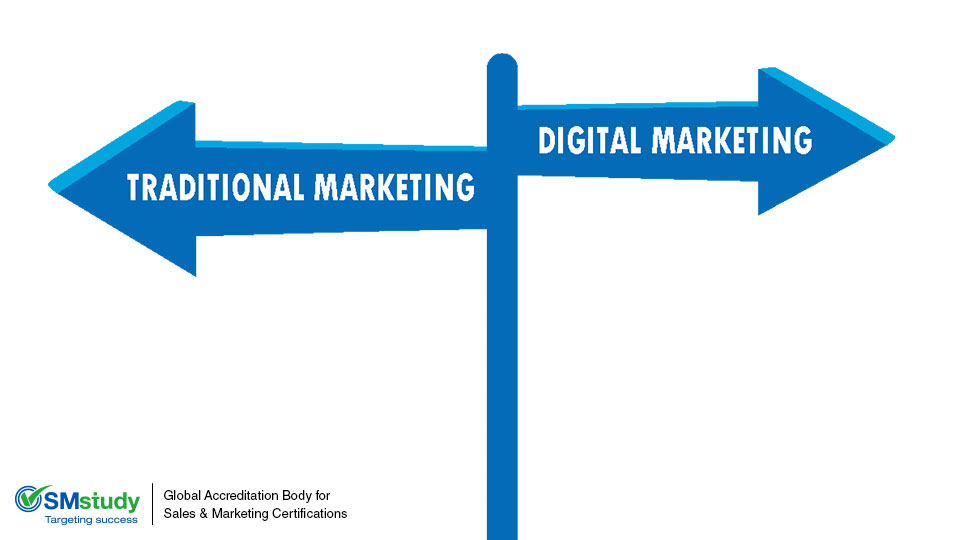Today, consumers have multiple ways of searching, learning about, and purchasing various products and services, and e-commerce technology offers the convenience of secure and instant transactions. At the same time, consumers are bombarded with messages from many sources, making it sometimes difficult to sift through the large volume of marketing information. Consumers can receive messages from several mediums of mass media including television, radio, newspapers, magazines, and trade publications; and, online, it is difficult to check e-mail without various banner ads popping up. The messages are constant. For businesses, in this age where consumers are continuously provided with choice, the challenge is finding ways to stand out.
Technology offers businesses many options to reach a global audience using digital marketing channels such as website, mobile, and social media. With all of these options, many marketers find it beneficial to use an integrated approach to marketing by leveraging the strengths of various types of media. Companies must evaluate all media in terms of who the target audience is and what media resonates best with them. In many cases, assumptions will need to be made and incorporated into the media-testing framework (e.g., for each planning period a company might allocate a certain amount of its marketing budget to test new methods).
Traditional Marketing:
Marketing began many centuries ago with the barter system whereby various goods and services were exchanged for other goods and services. This concept of exchange is the foundation of sales and marketing.
While the barter system introduced consumers to the concept of exchange, the introduction of various forms of currency several centuries later, made the concept of exchange a simpler proposition. No longer was a match of ‘needs’ required—goods and services could be exchanged for money—and the “Traditional Marketplace” was born. Over the years, the concept of mass production as well as supply chain and distribution channels were introduced giving way to the “Seller’s Marketplace.”
The twentieth century and the inception of mass media marketing brought consumers unprecedented choice and with that choice came the need for businesses to differentiate their goods and services, and promote them to a much larger audience through various mass media including radio, television, and print advertising.
Why Digital Marketing:
Ever since computers and mobile phones became a part of our lifestyle, digital marketing evolved and has now become an important part of marketing. Internet and mobile phones have brought companies closer to their target audience. Digital media is not just a means of promotion but has substantially increased the reach of a marketing campaign. The medium is not just faster, but effective and also accepted worldwide. Digital Marketing uses Innovative Business Models.
Innovative business models may include the following
- Online Marketplaces: E-Commerce websites are an example of Online Marketplaces where buyers and sellers meet virtually. Examples : Amazon,eBay, Alibaba
- Online Services: Online services have significantly impacted many traditional product and service industries by transforming existing business models and creating new ways to conduct business. Example: Google Maps, Trivago, Makemytrip
- Online Networking: Online Networking has brought professionals and individuals closer and in this process businesses have improved in finding better talent, marketing and selling products & services. Examples: LinkedIn, Facebook, Twitter etc.
Digital Marketing incorporates online media such as social media networks, search engines, emails, and mobile messages to name a few. It is a broad term that encompasses marketing techniques such as SEO(search engine optimization), SEM(Search Engine Marketing), content marketing, e-commerce marketing, and social media marketing.
The reasons that have led to the growing use of Digital Marketing are listed below:
- It is cost effective.
- It can help your brand reach a large audience.
- It can target different demographics at the same time.
- It is fast and activation time frame for a campaign is less compared to a traditional marketing campaign.
- It eases brand interactions.
- It improves and expands customer service.
- It creates higher levels of brand loyalty.
The above points explain the importance of having a brand presence in the digital sphere. It also explains the importance of having a clear and precise message. Establishing a tempting value proposition for a customer is important and if an organization is successful in doing so through Digital Marketing they will be able to run successful campaigns.

